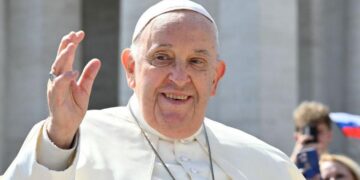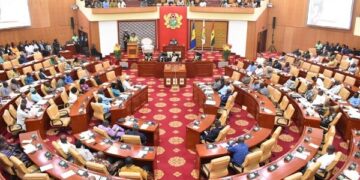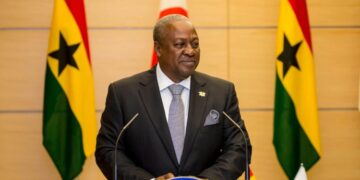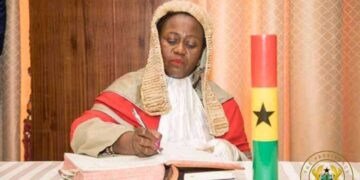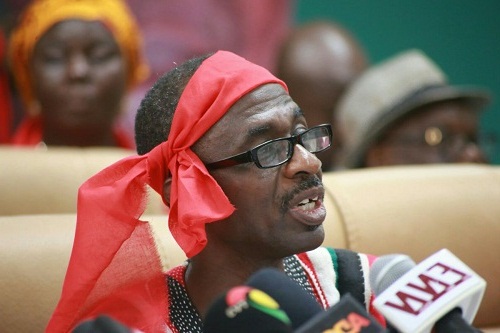The National Chairman of the National Democratic Congress (NDC), Johnson Asiedu Nketiah, has instructed the party’s Members of Parliament (MPs) to abstain from any emergency recall of Parliament, claiming such sessions are merely conduits for advancing corrupt practices.
Speaking to supporters in the Western Region on Saturday, November 16, Asiedu Nketiah accused the majority caucus of using emergency parliamentary sittings to pursue dubious objectives, particularly as the 2024 general elections draw near.
“Let no NDC MP set foot in Parliament. If they like, they can go and burn the sea,” he declared emphatically. “There’s no work in Parliament that can be said to be an emergency. Parliament will only be recalled so they can continue with the insatiable corruption they have perpetrated for the past eight years.”
He further criticised the governing party for allegedly seeking to exploit the few weeks remaining in the parliamentary calendar to advance corrupt practices. “They still want to advance the corruption with just three weeks left. We won’t go close to them today or tomorrow. So, the judges should say what they want; Parliament also has its own rules, and we will work with that,” Asiedu Nketiah added.
The call for a boycott comes in the wake of a recent Supreme Court decision on Tuesday, November 12, overturning Speaker of Parliament Alban Bagbin’s declaration of four parliamentary seats as vacant.
The court’s ruling, delivered on Thursday, November 14, supported a challenge from Majority Leader Alexander Afenyo-Markin. The five justices who ruled in favour of the majority argued that a parliamentary seat can only be declared vacant if an MP officially switches political parties while retaining their seat in Parliament.
However, the decision was not unanimous. Two dissenting justices contended that the Supreme Court lacked jurisdiction to intervene in the matter, thereby raising questions about the Court’s role in parliamentary processes.
Asiedu Nketiah’s directive is expected to deepen tensions between the majority and minority caucuses in Parliament, especially as the 2024 elections approach. The NDC Chairman’s claims of corruption align with his party’s broader criticisms of the ruling government, framing the boycott as a protest against perceived abuse of power.
The emergency recall, should it proceed without the participation of NDC MPs, could face challenges in achieving quorum or gaining the legitimacy required for its proceedings. Meanwhile, the NDC’s boycott reflects an intensifying political climate, with both sides sharpening their rhetoric in the lead-up to the elections.
Observers will be watching closely to see how this directive affects parliamentary activity and whether it provokes further legal or political responses.







































































